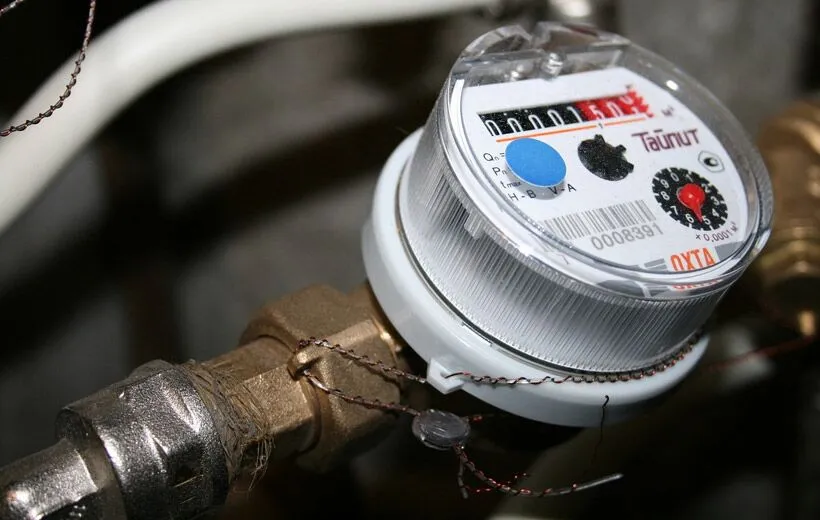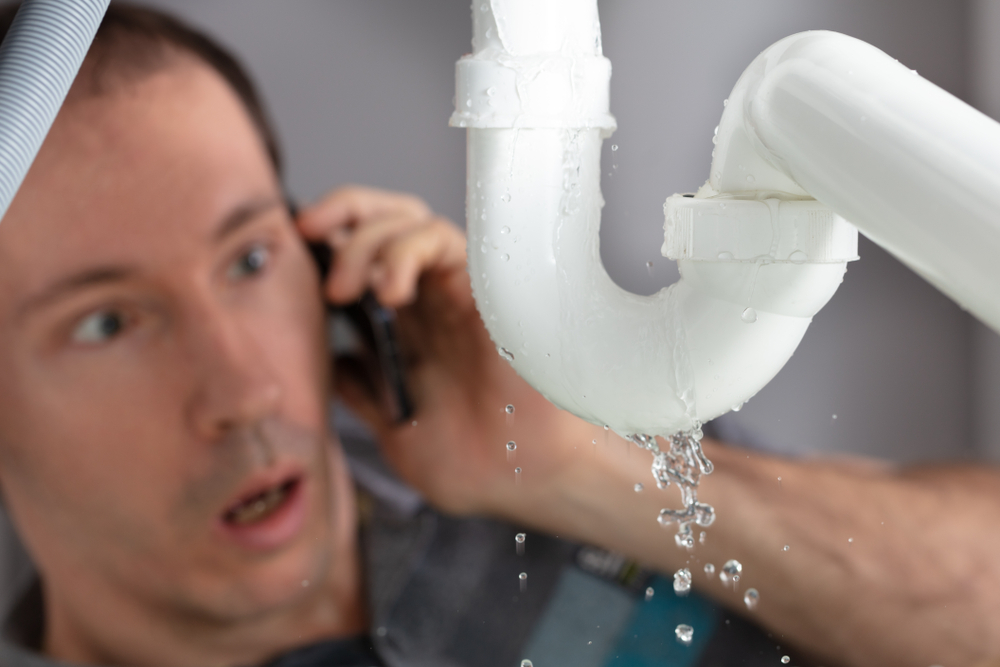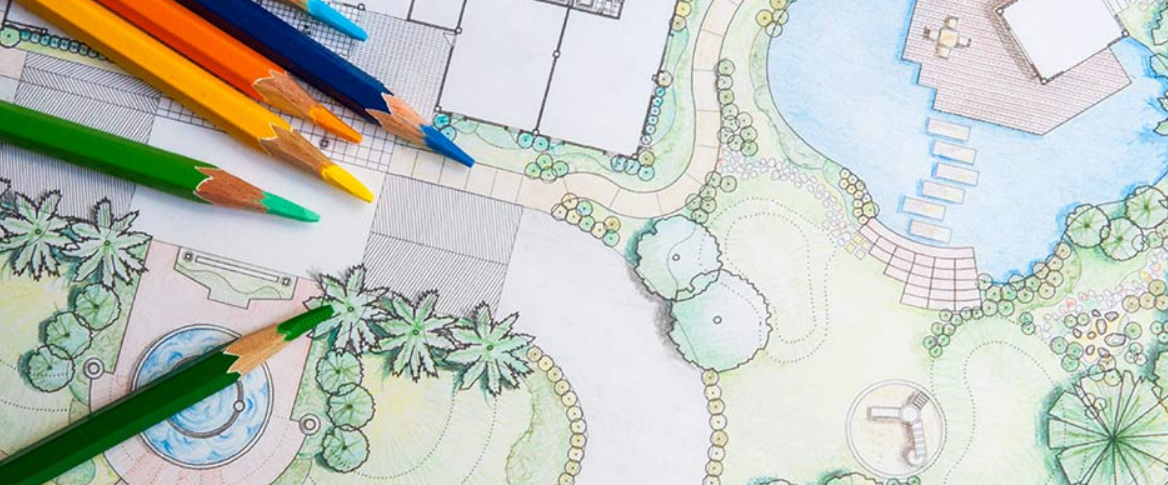Water meters serve as the dividing line between homeowner and utility company responsibility. When leaks occur in this area, confusion often arises about who needs to handle repairs. Understanding these responsibility boundaries becomes crucial for quick resolution.
Location Matters: Determining Responsibility
The water company typically maintains responsibility for the main water line under the street, the connection from the main to your meter, and the meter itself including its seals. They also handle the shut-off valve on the street side.
On the property owner’s side, responsibilities include the service line from the meter to your home, the shut-off valve on your property’s side, and any piping or fixtures within your property boundaries.
Common Leak Locations
Water leaks around the meter box often appear as standing water, unusually wet soil, or constant water flow even when all fixtures are off. Problems frequently develop at the coupling connecting your line to the meter, within the gaskets and seals of the meter assembly, and at pipe joints leading to and from the meter.
Identifying Meter Leaks
Regular visual inspections can reveal obvious signs like water pooling around the meter box or continuous dial movement when no water is being used. If your water meter is leaking, damp surfaces or mold growth nearby might also indicate an issue requiring attention.
Taking Immediate Action
When you spot a leak, start by documenting the issue with photos. Contact your water utility company promptly and keep records of all communications. Consider using the emergency shut-off if the situation appears severe.
Working with Utilities
Successful resolution depends on clear communication with your utility company. Report problems promptly and request written confirmation of responsibility. Following up regularly ensures your issue stays on their radar until it’s resolved.
Prevention Strategies
Regular system maintenance can prevent many common problems. Check the meter area monthly and monitor your water usage patterns for unexpected changes. During winter months, protect your system by insulating exposed pipes near the meter and keeping the meter box clear of debris.
Documentation Requirements
Maintaining thorough records helps resolve issues more efficiently. Keep track of meter readings, repair histories, and all communication with utility companies. Photos of problems provide valuable evidence when seeking repairs or filing claims.
Cost Considerations
Understanding potential financial responsibilities helps you prepare for possible repairs. Review your insurance coverage to know what’s included and consider service line warranties for additional protection. Setting aside funds for unexpected repairs can provide peace of mind.
Professional Assistance
Seeking expert help becomes necessary when the leak source isn’t immediately apparent or when repairs involve utility connections. Professional plumbers can also help identify related issues that might not be visible to untrained eyes.
System Improvements
Consider upgrading your system with modern meter installations or updated shut-off valves when making repairs. Improving drainage around meter boxes can prevent future problems and protect your investment.
Conclusion
Taking prompt action on water meter leaks saves money and prevents property damage. While utilities handle certain aspects of meter maintenance, homeowners must remain vigilant about their responsibilities. Clear communication and proper documentation ensure efficient problem resolution.






